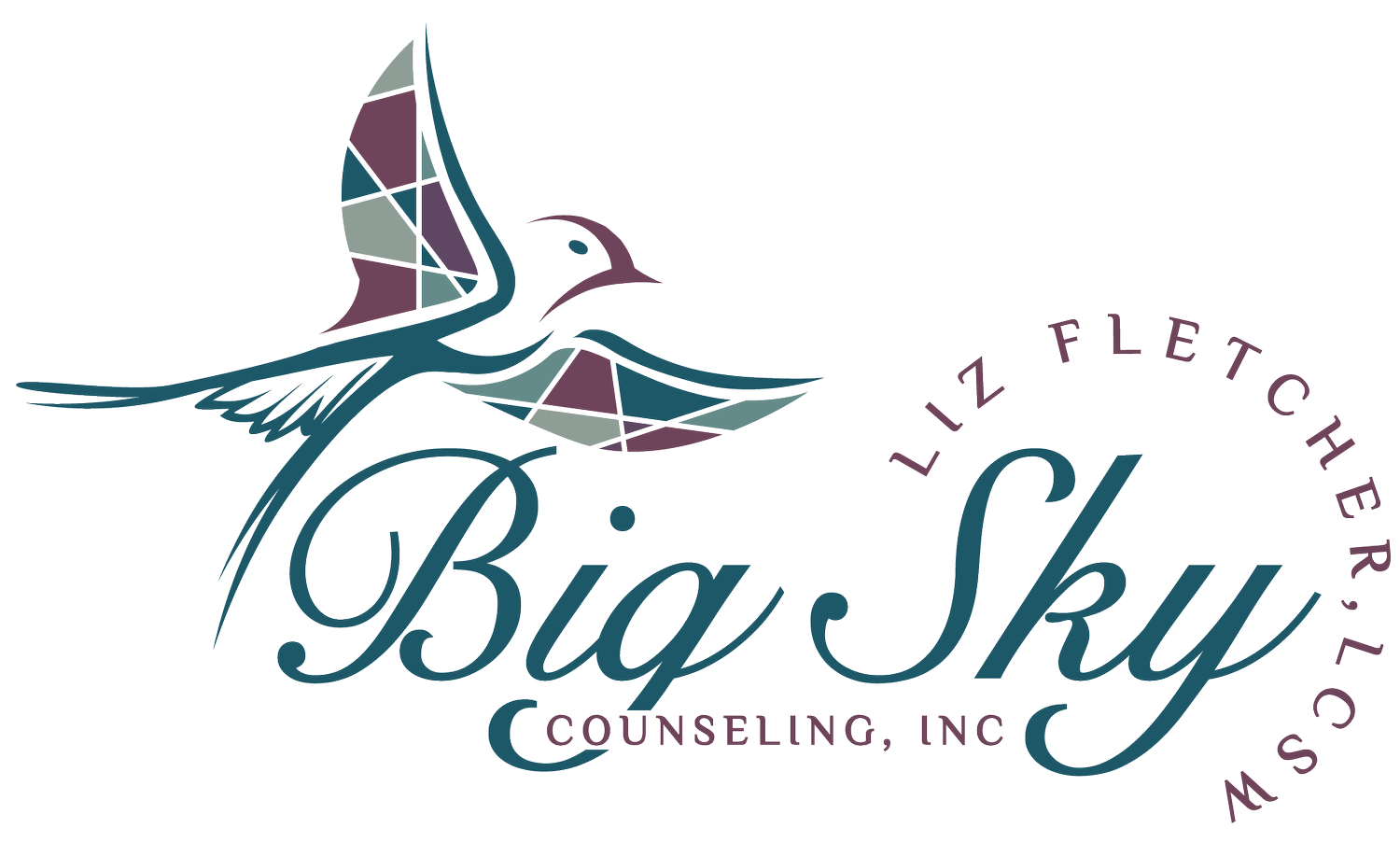Resolution Time! Self-Compassion is the New Self-Care
A friend of mine asked me to write up something about self-care for their organization’s newsletter last month. I agreed, but as I was writing, I realized that I didn’t really want to talk about self-care, at least not in the way my friend likely had in mind.
I think my friend expected me to tell his readers to be good to themselves and take it easy, get a pedicure, go on a vacation, etc. And none of those are bad things to do! Playing golf, getting a manicure, or indulging in a luxury item every now and then can be in important part of taking good care of ourselves, which is actually what I want to talk about. But lately it seems like the whole industry that’s grown up around self-care is more about getting us to spend money than it is about helping us find and nurture what is essential to our being.
Most of the folks I know, including my patients, are pretty good most of the time at feeling compassion for others and acting on it. We donate to causes we feel strongly about; we make a casserole for a family who’s going through a tough time; we listen to our friends or partners when they’re struggling; and on and on. What we have a more difficult time doing, in my experience, is practicing compassion for ourselves.
See, a lot of the nice things we do can come from a place of not liking ourselves very much. Many of my patients describe feeling constantly guilty or even ashamed of who they are. Shame is the feeling that manifests in the belief that “I am bad/flawed/broken/unlovable at my core.” Guilt, on the other hand, manifests as “I have done something that goes against my values.”
Guilt can actually be helpful in teaching us how to become better people; shame only tears us down. When we feel fundamentally unlovable, we cannot be authentic in our relationships, and all our good deeds come from a place of desperate emptiness. We’re convinced that if anyone knew the real us, they’d reject us, so we spend all our energy trying to keep that from happening, or to make up for the worthlessness we feel inside.
That doesn’t take away any of the goodness of those acts, but it does prevent that behavior from feeling truly fulfilling, because it’s coming from a place of chronic “not-enough-ness.” It’s like trying to fill a bucket with a hole in it. You may temporarily get ahead of the leak, but pretty soon, you’re back to feeling empty again.
Ideally, loving and compassionate acts flow from a sense of fullness and abundance—not financially or time-wise, but personally, deep inside. We can’t do that unless we hold ourselves with compassion.
It’s easy to make a caricature of self-compassion as some magical, anti-accountability force that just perpetually makes excuses for us and lets us off the hook. But that’s not real compassion! Real compassion is seeing yourself realistically AND with love. It doesn’t seek to justify our mistakes or failures; it gives us the resilience to accept accountability and ask for forgiveness when we’ve crossed boundaries. It helps us understand that we still have so much to learn from others. It reminds us lovingly that we are imperfect, and that our imperfections are not sources of shame, but part of the rich and ever-evolving tapestry of our selves.
When we are able to look at ourselves realistically and with compassion, it doesn’t seem like the end of the world when we mess up: just something inevitable, though painful, that will help us to understand ourselves and our relationships better. That loving attitude toward ourselves gives us the safety to acknowledge our shortcomings without shame.
That, in turn, heals the open wound of self-hatred so that we can feel filled and fulfilled in our daily lives. When we feel fulfilled, we can give to others out of a sense of abundance—and care for ourselves when we feel depleted.
I invite you to hold yourself lovingly accountable for the ways in which you participate in your own self-hatred. Maybe you grimace or call yourself ugly or fat or skinny or gross when you look in the mirror and see only imperfections; maybe you call yourself an idiot under your breath when you make a wrong turn; maybe you endlessly replay conversations in which you feel you may have crossed a boundary or hurt someone, instead of reaching out to that person and checking in with them.
What if, instead, you worked to develop the part of you that’s already skilled at seeing beauty, goodness, and worth in others so that it applies to yourself, too? Instead of thinking how gross you look, what if you could accept your body/face/hair/skin with kindness and appreciation for who you are as a whole person? Instead of berating yourself for misspeaking or snapping at someone, what if you could reach out to them and apologize, or give yourself permission to mess up every now and then, in the same way you extend that grace to others?
If that seems out of reach, that’s okay. You don’t have to take this journey alone. If you have close friends or family you love and trust, those relationships can be a window into new ways of viewing yourself. Imagine someone who knows and loves you deeply responding to you when you’re tempted to hate yourself. Imagine what it would be like to respond to yourself the way they respond to you. Therapy, too, can be a safe place to invite all of yourself out into a relationship where you can be known, accepted, and appreciated. And in that process, you learn to know, accept, appreciate, and love yourself.

